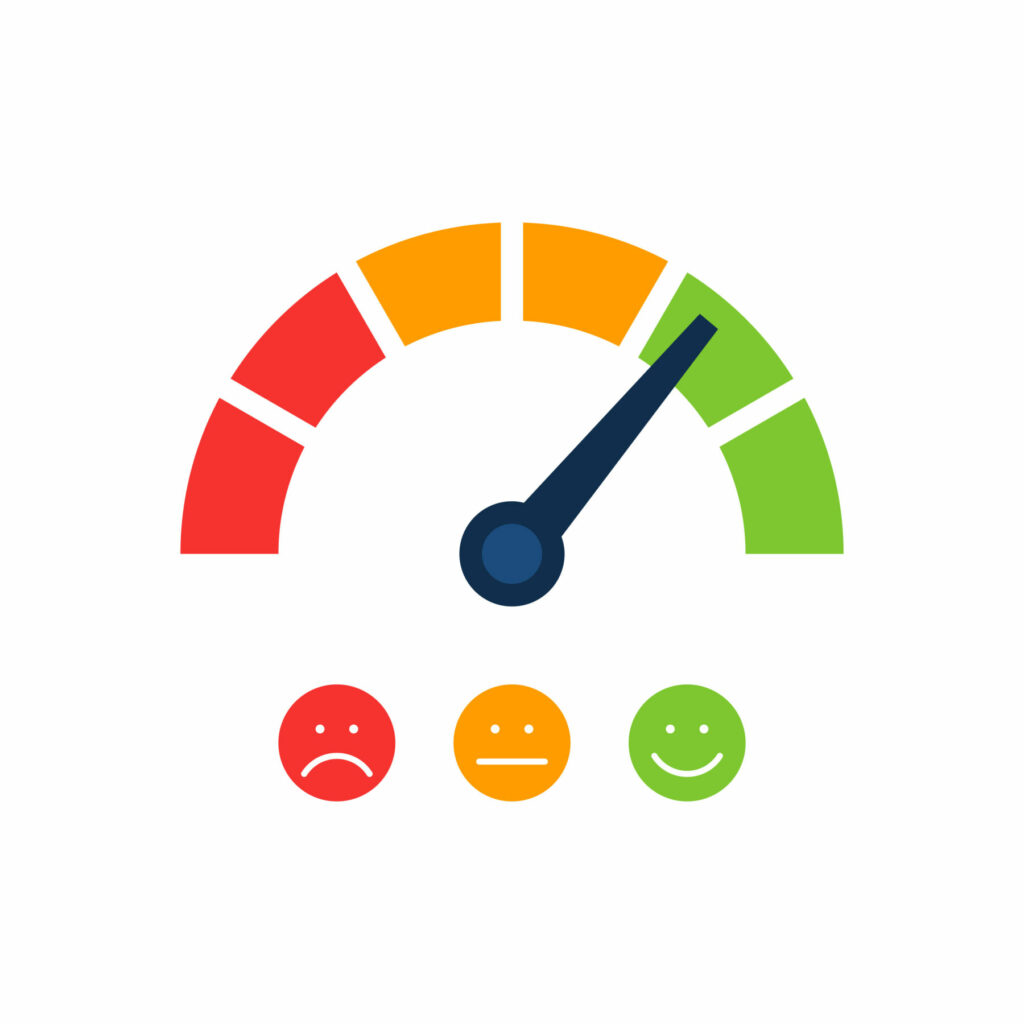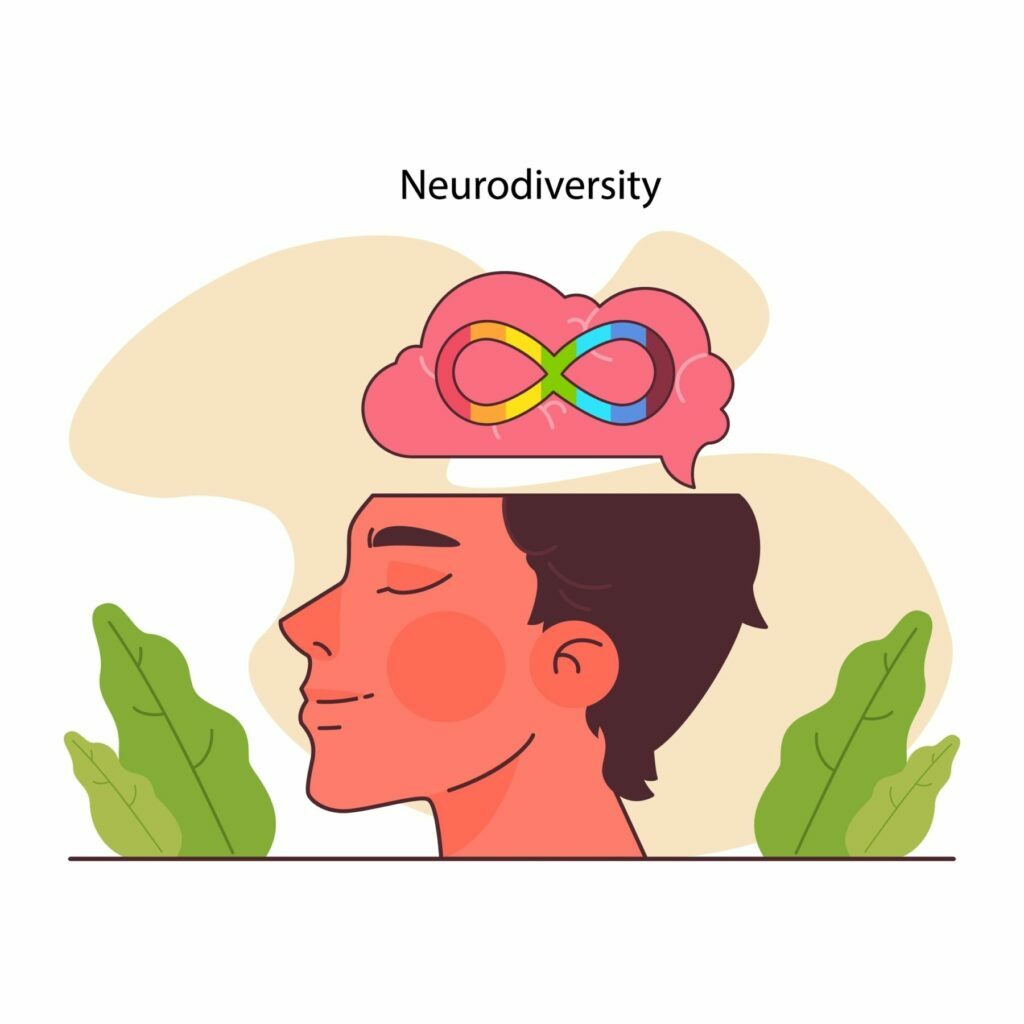The Paradox of Happiness

The pursuit of happiness is often considered a fundamental human goal, but the notion of chasing happiness can be paradoxical. When people focus too intently on finding happiness as a goal in and of itself to combat internal stress, they can actually undermine their ability to experience genuine happiness.
It may seem ironic, but one of the keys to happiness is to stop actively trying to achieve it. Forcing or pressuring yourself to feel happy can actually have the opposite effect, leading to increased feelings of internal stress and unhappiness.
The happiness paradox reminds us that focusing too much on our own happiness can actually distract us from the things in life that truly bring us joy. Constantly analyzing our own happiness can also be detrimental to our mental health, causing unnecessary internal stress and anxiety.
Instead of fixating on achieving happiness as a goal, it’s important to focus on the present moment and engage in activities that bring us genuine joy and fulfillment. By allowing ourselves to experience a range of emotions, both positive and negative, we can cultivate a more authentic sense of happiness that is not dependent on external factors.
What’s the Paradox of Happiness?
The happiness paradox describes the phenomenon in which pursuing happiness as a goal can actually decrease one’s overall sense of happiness. This may seem counterintuitive, but there are several reasons why this occurs.
One factor is that fixating on a particular emotional state, including happiness, can actually make it more difficult to achieve. For example, if you are feeling anxious and constantly wish for your anxiety to go away, this may only serve to increase your awareness of it and make it more persistent.
Additionally, assigning meaning to our emotions and trying to control how we feel can add unnecessary pressure and internal stress. This can lead to a sense of disappointment or failure if we don’t achieve the desired emotional state, such as happiness.
Rather than attempting to change how we feel, it’s more productive to focus on how we respond to our emotions. By developing healthy coping strategies and self-care practices, we can learn to manage our emotions in a more constructive way. Ultimately, this can lead to a greater sense of well-being and contentment, without the added pressure of trying to achieve a specific emotional state like happiness.
Does chasing happiness create anxiety and depression or alleviate internal stress?
While the pursuit of happiness is a common goal, it’s important to recognize that solely focusing on achieving happiness can actually lead to increased internal stress and anxiety. While not creating pathology (including anxiety or depression), itself, research has shown that those who put a great deal of effort into pursuing happiness often end up feeling more time-constrained and pressured, leading to a decreased sense of contentment (Kushlev, Dunn, & Ashton-James, 2018).
One reason why chasing happiness can have negative effects is that it often involves focusing on what we don’t have, rather than being grateful for what we do have. This can lead to feelings of inadequacy and discontentment, which can contribute to depression and anxiety.
What should you do instead of chasing happiness?
If the pursuit of happiness only leads to greater dissatisfaction, it’s natural to wonder what we can do to achieve a greater sense of contentment. While there may be no one-size-fits-all solution, there are several tips that can help us cultivate more happiness in our lives.
Here are six potential strategies to consider:
1. Practice gratitude
One way to counteract the chase of happiness is to practice gratitude. Numerous studies have shown that cultivating a sense of gratitude can lead to increased feelings of happiness and well-being. By focusing on the things we do have and expressing gratitude for them, we can shift our perspective and cultivate a greater sense of contentment in our lives.
In one such study, Emmons and McCullough (2003) randomly assigned participants to one of three groups: a gratitude group, in which they were asked to write down things they were grateful for each day; a hassles group, in which they were asked to write down daily hassles; and a neutral group, in which they were simply asked to record events from their day.
The researchers found that the gratitude group reported significantly higher levels of subjective well-being and positive affect compared to the other groups. They concluded that cultivating a sense of gratitude can have a significant positive impact on one’s overall well-being.
In addition to improving our emotional well-being, gratitude has also been linked to stronger relationships and improved physical health. So, if you’re feeling stressed or unhappy, consider taking a moment to reflect on the things you’re grateful for. It might just make a big difference in your overall sense of well-being.
2. Live in the moment
Happiness is a transient emotion, much like anger, frustration, and stress. It’s not a fixed state that can be achieved through specific accomplishments or possessions. Many of us fall into the trap of believing that achieving certain goals will bring us lasting happiness, only to find that the feeling is fleeting and ultimately dissatisfying.
Instead of chasing after a state of perpetual happiness, it’s important to focus on being present in the moment and accepting that happiness – like any other emotion – ebbs and flows naturally. By letting go of the idea that happiness is a fixed goal to be attained, we can find more contentment and fulfillment in our everyday lives.
3. Accept that negative feelings are natural
It’s natural to want to avoid negative emotions, such as fear, anxiety, and sadness, in an effort to increase our own happiness. However, it’s important to remember that happiness can only exist alongside the full spectrum of emotions. Just as there can be no light without darkness, happiness cannot exist in a vacuum. Accepting that there will be moments of sadness, frustration, or fear is essential to experiencing true happiness.
Emotions are not inherently good or bad; they simply are. Avoiding negative emotions may actually make them grow larger and hinder your ability to achieve happiness. To live a happy, fulfilling life, it’s important to embrace the full spectrum of human emotion and not shy away from the difficult ones.
In her recent book, “Bitter Sweet,” Susan Cain explores this complex relationship between pleasure and pain. She examines how our modern culture’s emphasis on instant gratification and the pursuit of pleasure can often lead to a lack of true fulfillment and happiness. Drawing on personal anecdotes, scientific research, and philosophical musings, Cain argues that embracing both the bitter and the sweet aspects of life is the key to living a more meaningful and satisfying existence.
4. Broaden your definition of happiness
Our perception of happiness may be limited to a sense of ease and lightness, but that isn’t always the case. Challenges and obstacles can be rewarding and contribute to a greater sense of fulfillment. To truly experience joy and contentment, we need to broaden our definition of happiness beyond the idea of instant gratification. This may require sacrificing short-term happiness for greater long-term fulfillment, as good things often take time and effort to achieve.
5. Deepen your relationships
Human beings are social creatures and relationships are foundational for happiness. Positive relationships provide emotional support, companionship, and a sense of belonging, all of which contribute to greater well-being (Holt-Lunstad, Smith, & Layton, 2010).
Numerous studies have shown that strong social support systems are associated with better mental and physical health outcomes (Uchino, 2009; Muscatell, Eisenberger, & Pfeifer, 2016). People who have close relationships tend to be happier than those who lack social connections (Lyubomirsky, King, & Diener, 2005), further highlighting the significant role of relationships in fostering happiness.
6. Let go of planning for happiness
Many of us assume that we can predict what will bring us happiness in the future and expend significant energy trying to make decisions that we believe will ensure our future well-being. However, humans are generally poor at predicting their future emotional state. We may think we know what is best for our future selves, but the reality is often far more complex.
Our predictions of future happiness are often biased by our current mood and recent experiences (Loewenstein, 2007), making them unreliable guides for decision-making. Rather than focusing solely on our future happiness, it may be more beneficial to pay attention to what is making us happy in the present moment and move in that direction.
Therapy can be an effective tool for helping individuals define happiness, combat internal stress, and identify what brings them joy. Through a variety of techniques and approaches, therapists can help clients explore their values, needs, and desires, and develop a deeper understanding of themselves. By gaining clarity on what truly matters to them, individuals can make more intentional choices and cultivate a greater sense of fulfillment and contentment in their lives. We’d be honored to be a part of your journey, one that supports feelings of happiness without striving for them. Contact us today!
This blog is made for informational and educational purposes only. It is not medical advice.
The information in this blog is not intended to (1) replace a one-on-one relationship with a qualified licensed health care provider, (2) create or establish a provider-patient relationship, or (3) create a duty for us to follow up with you.



